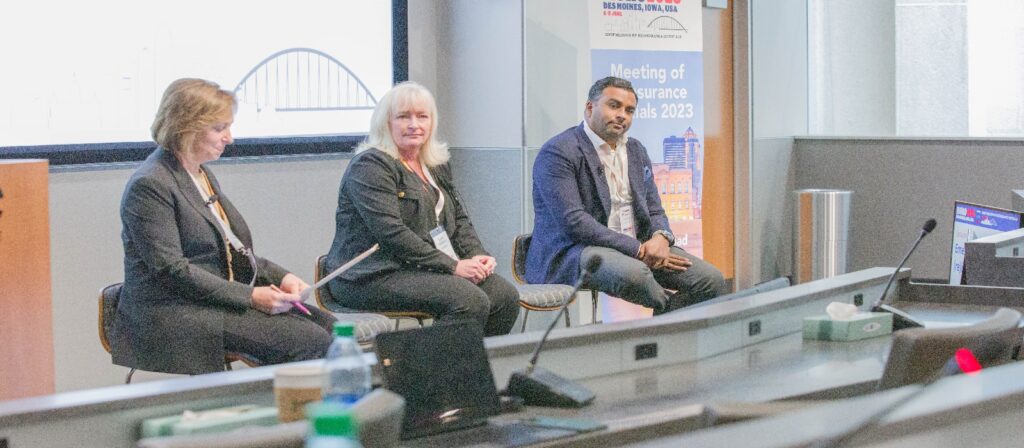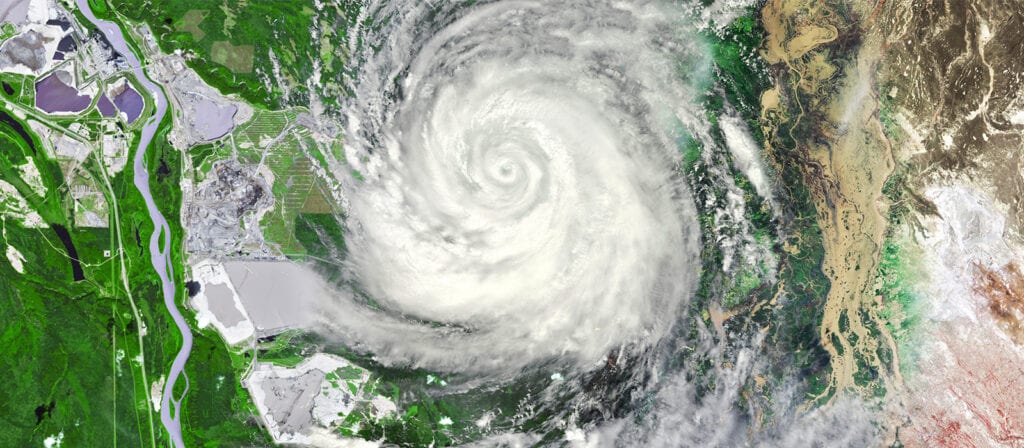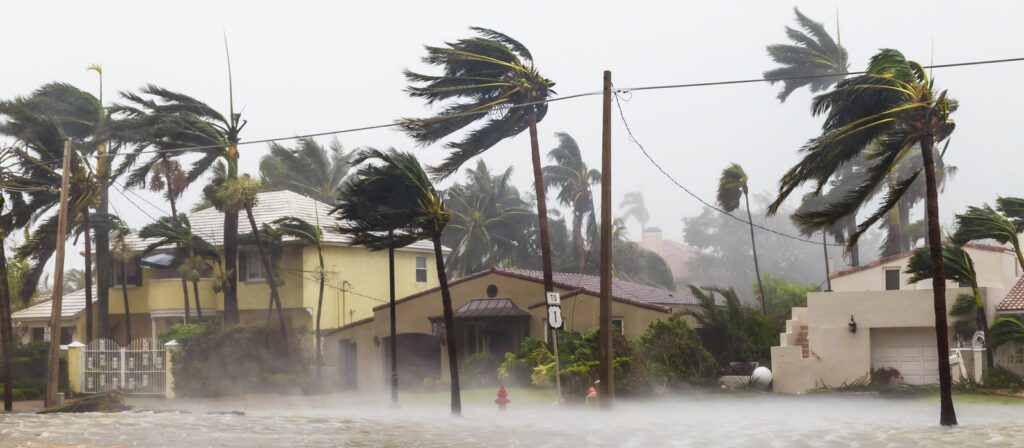The insurance industry is no stranger to risks and ICMIF Supporting Member, Guy Carpenter, a global reinsurer, has a unique perspective on the ever-evolving risk landscape. As of 2023, the insurance industry finds itself facing new challenges that require prompt attention and innovative solutions.
The concept of the risk landscape is continually changing. In recent years, insurance companies have been dealing with more frequent and severe natural disasters, such as hurricanes, wildfires, and floods. This upswing has necessitated a re-evaluation of catastrophe modelling and pricing strategies.
Additionally, the ongoing repercussions of the COVID-19 pandemic have shed light on the significance of pandemic insurance coverage. Businesses and industries worldwide are recognising the value of this coverage, which is likely to result in the creation of specialised policies addressing infectious disease-related losses.
Climate change continues to be a substantial concern, significantly impacting the frequency and intensity of extreme weather events. Rising global temperatures have led to shifts in weather patterns, leading to more prolonged heatwaves, intense storms, and unpredictable climatic behaviour. Consequently, insurers are grappling with an increase in claims and higher costs of compensating the affected policyholders.
Moreover, the growing awareness of environmental issues has also put the spotlight on the insurance industry’s role in promoting sustainability and eco-friendly practices. Insurers are incorporating environmental, social, and governance (ESG) criteria into their underwriting processes and investment decisions to encourage environmentally responsible behaviour.
While technology has undoubtedly transformed the insurance industry for the better, it has also brought about new risks. Insurers now face the threat of cyberattacks and data breaches, which can lead to severe financial losses and reputational damage. As the reliance on digital tools and customer data grows, safeguarding sensitive information becomes an even higher priority.
Moreover, the increasing integration of artificial intelligence in various insurance processes has raised concerns around potential biases and inaccuracies in decision-making, warranting a careful examination of the algorithms used.
Modern consumers have come to expect personalised products and seamless experiences from their insurers. This shift in consumer expectations necessitates the adoption of advanced technologies to offer more efficient services. Simultaneously, it requires striking the right balance between personalisation and data privacy to ensure customer trust.
Geopolitical tensions and economic instability can significantly impact the insurance and reinsurance industry. The evolving relationship between major economies, trade regulations, and geopolitical conflicts can have far-reaching effects on insurers operating globally. Navigating through such complexities requires a deep understanding of the geopolitical climate and agile risk management strategies.
The insurance industry is in a constant state of evolution, and with this comes the emergence of new risks. As of 2023, insurers are actively addressing challenges related to evolving risk landscapes, climate change, technological vulnerabilities, changing consumer expectations, and geopolitical uncertainties. Successfully tackling these emerging risks will require a combination of data-driven decision-making, innovation, and a proactive approach to risk management. Only by staying ahead of the curve can insurance companies ensure their resilience in an ever-changing world.





